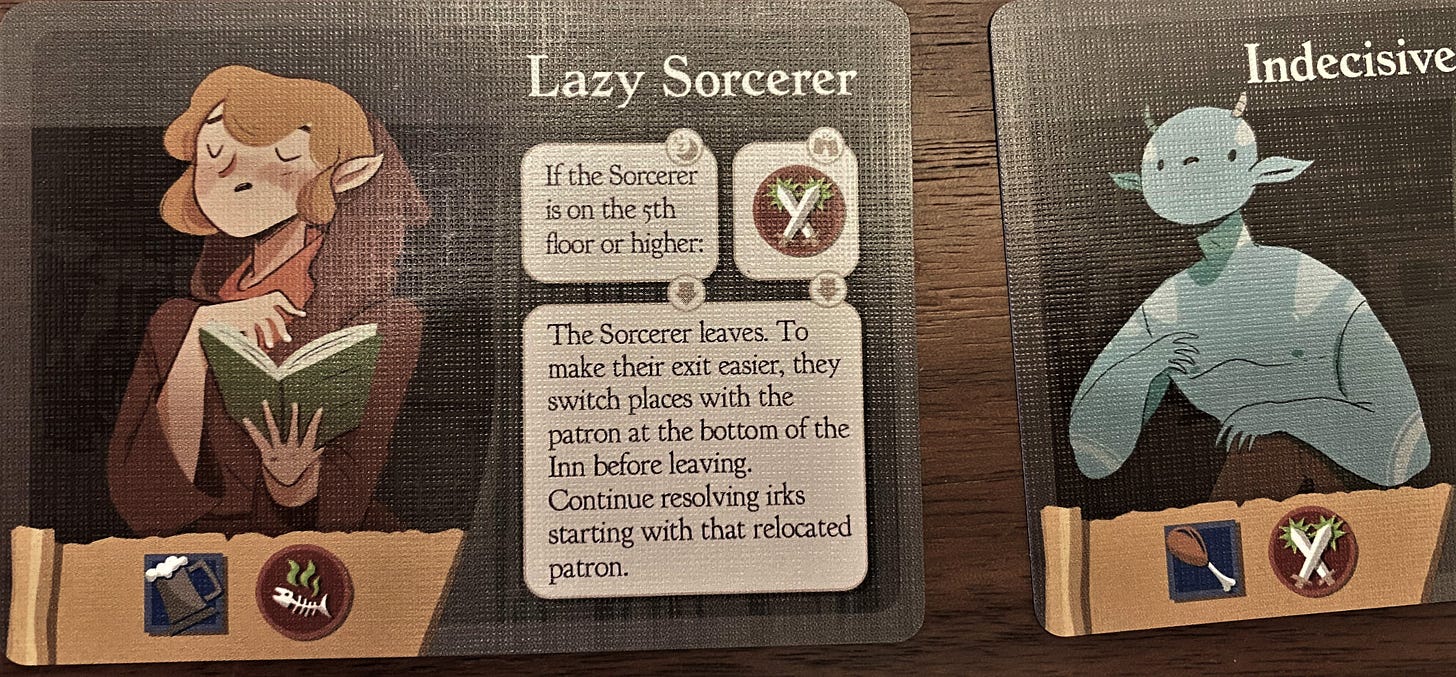Scrum Isn't the Solution: and 5 links to start your week
Spending some time thinking about why personal productivity isn't all that personal.
Why Personal Productivity Boosts Don't Work (link)
After listing the book in my links of the week last week, I took some more time to finish it and write up some thoughts. As someone who has spent his entire life struggling with focus and productivity a lot of the ideas hit home. I think it’s a powerful explanation of why the concept of personal productivity is so flawed. Even so, I didn’t agree with the conclusions he came to, so I came up with a few recommendations of my own.
The pronouncement here shouldn't be for knowledge workers to implement simple queueing systems to take control over their days, it's for leadership and management to take a more active role in understanding who, how and when people in their organization communicate. A World Without Email reframes communication as a competitive advantage. Getting informational flow right means speed in execution and reduced stress for the participants.
But the implications of how and why to get communication flows right gets muddled a bit. In part 2, Newport talks about how a group of small businesses used systems like these to improve the lives of their employees. These are good examples of businesses with a lot of alignment in terms of priorities and a relatively small number of competing internal stakeholders. Doing this stuff at larger organizations or organizations that want to move fast doesn't just require better systems, it requires rethinking project planning and interdepartmental relationships altogether.
Five Links For Your Week
Are You Dreaming Too Big? by Arthur Brooks (link)
This is part of The Atlantic’s Happiness project series with a couple of interesting takeaways. It questions the concept of “dreaming big” and instead focuses on small, iterative improvements.
Reflecting On Mistakes by Chelsea Troy (link)
Self-reflection is a powerful but also dangerous tool. It has the potential to help us reconsider past actions but also rumination can lock in broken patterns we have and our image of ourselves. This framework helps overcome those with specific recommendations and takeaways on how to improve.
The Infinite Playground by Bernard DeKoven (link)
The New Games Movement is probably unfamiliar to you but shaped a lot of my experience in college. They were a group of people in the 1960s and onward who wanted to use play to shape society. This book, written by one of the originals shortly before his death is a treatise on games, leadership, and mortality. It manages to be short, funny, light, and serious all at the same time. It has takeaways for how to think about game design, leadership, and philosophy, without being quite so self-important as this paragraph.
The Last Bus Problem by Boz (link)
This is a short look at a problem with human psychology that has unintended consequences for our behavior. It talks about this concept of the stress around catching the “last bus” out of a location to talk about the challenges that get created when we create too many gates or checkpoints in our processes, and the unintended consequences they can have
The Easiest Person to Fool on Hidden Brain (link)
This is a bit self-centered of me, but this episode of Hidden Brain with Adam Grant focuses on a lot of the concepts I touched on in this Being Wrong review. Nevertheless, they’re a core set of principles that are worth repeating.
A Game You Should Play (Ugly Gryphon Inn) (link)
A short solitaire game published by Button Shy. It’s fun, quick, and won’t make you feel silly for playing a solo board game.
Disclaimer: The views contained in this e-mail are mine alone and don’t represent the opinions or positions of any employee, company, or entity I work for or with.




